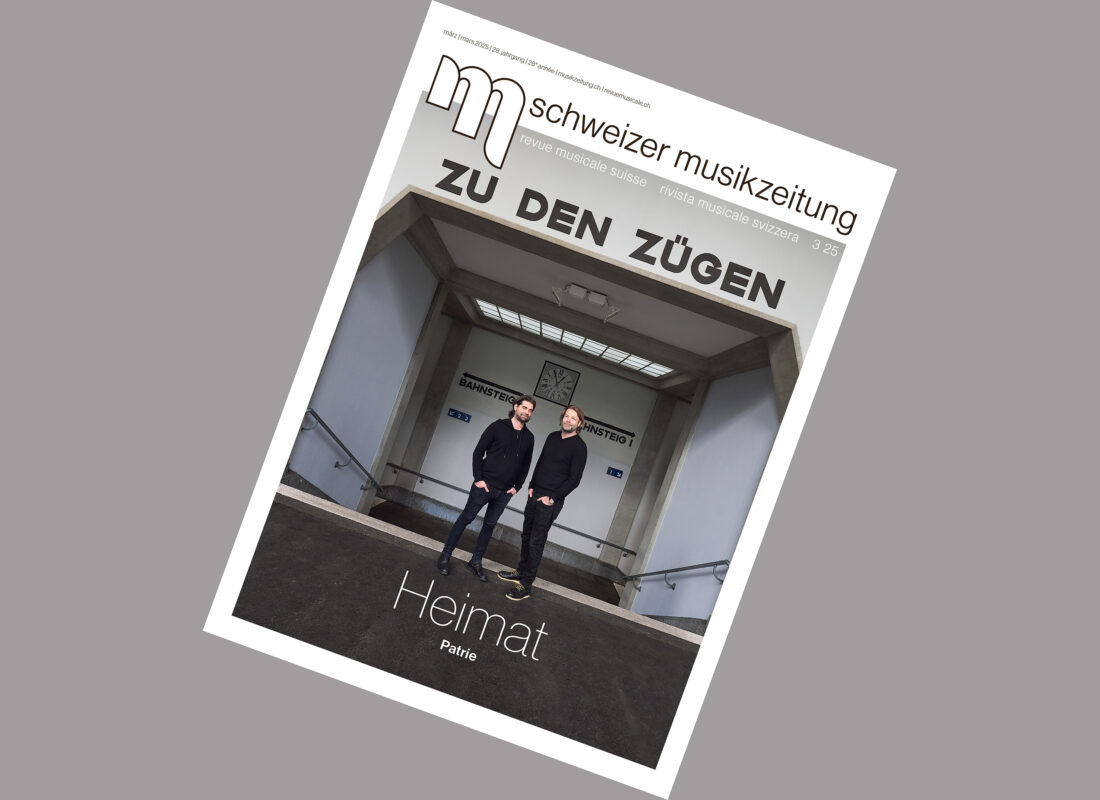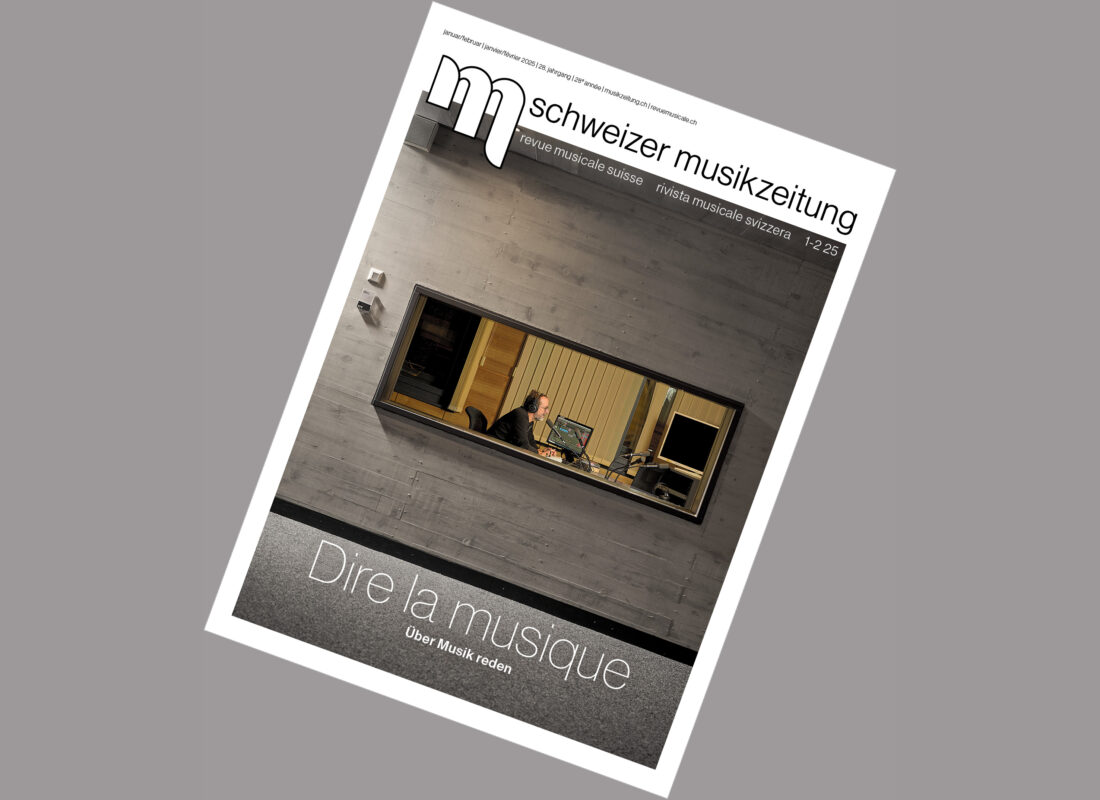Where is North?
It is exactly as the anthropologist Franck Michel says: people in the south try to come to the north to find work, better living conditions and social security, while people from the north travel to the south - especially on vacation - because of the milder climate, the more relaxed life, the warmer contacts.
In Switzerland, we are typical representatives of the North, envied for our wealth, low unemployment rate and political stability. And we dream of more sunshine! But the terms are relative: we are all in someone else's north - and in the south too, of course.
So we love the dolce vita of Ticino, "our" south, which is also the dreamed-of Nordic ideal of Italian immigrants. We often cite more northern regions, Germany and Scandinavia, as examples of economic success and educational models worth emulating: Places where things work even better than here.
And where can musical life develop better? In the south, where people take time to enjoy beautiful things, or in the north, where more efficient structures are in place? The composer and violinist Helena Winkelman says in an interview that Italy is probably no longer the musical center it once was, but that the impetus today comes mainly from the north. However, the forced merger of the two orchestras of the German Südwestrundfunk also shows how "northern" austerity policies can have dramatic effects on musical life. - So this issue is about various facets of Nordic music, both positive and negative.
One more thing: Franck Michel's thesis does not apply as far as the North Pole, because no heavily industrialized society can develop in those extreme conditions. Instead, the Orient and Occident meet in the polar region. And what unites the peoples of northern America, northern Russia and northern Japan? Their music!








